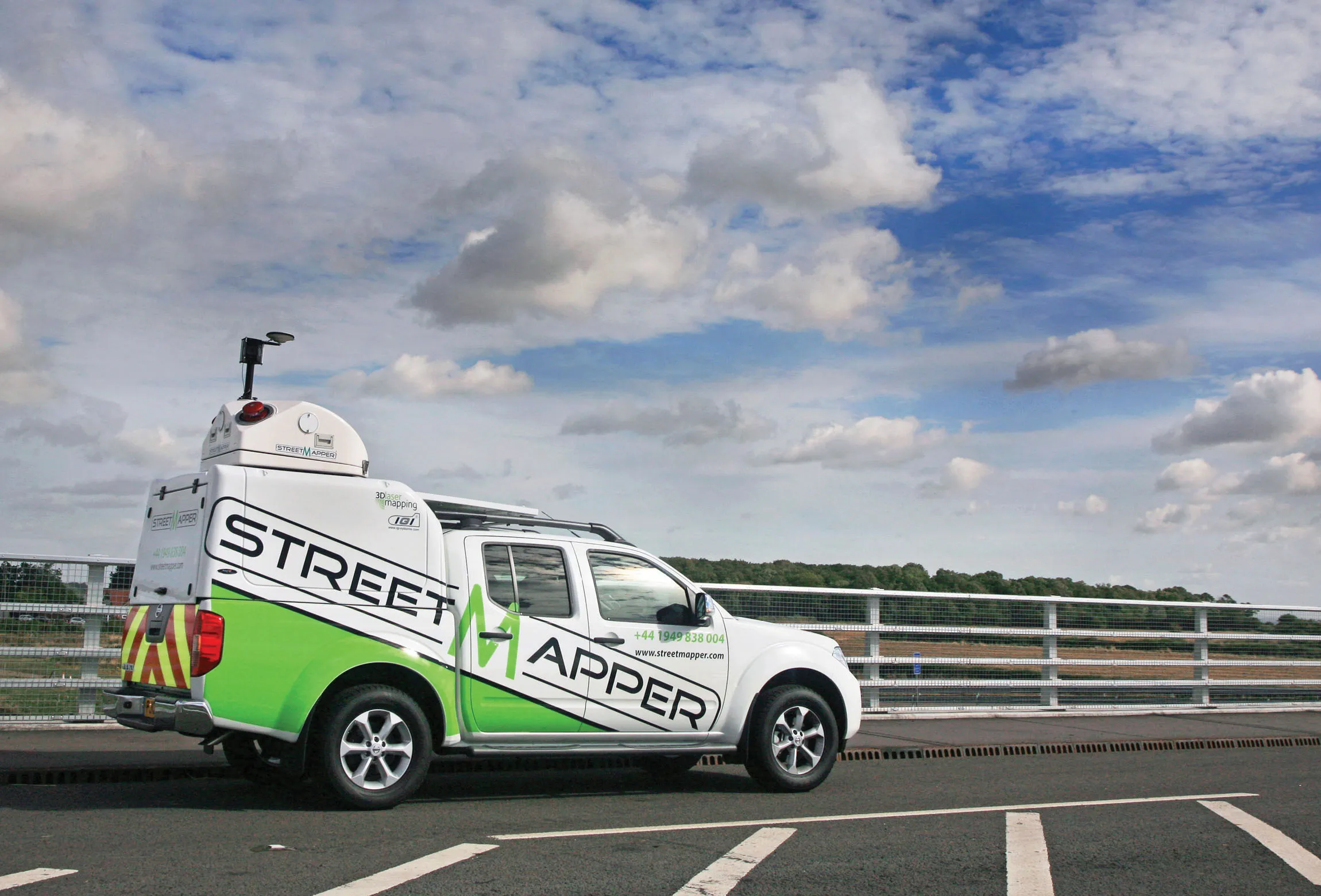Q-Free has been awarded a contract, valued at US$2.65 million, in Australia with Brisbane Airport Corporation for the design and construction of the electronic access fee collection system for taxis and ground transportation operators. The scope of the contract for Australia’s third largest airport comprises delivery of roadside system based on Dedicated Short Range Communication (DSRC) for both the taxis and the ground transport operators and central system. The project will start immediately, and the desi
April 25, 2012
Read time: 2 mins
RSS310 Q-Free has been awarded a contract, valued at US$2.65 million, in Australia with 5228 Brisbane Airport Corporation for the design and construction of the electronic access fee collection system for taxis and ground transportation operators.
The scope of the contract for Australia’s third largest airport comprises delivery of roadside system based on Dedicated Short Range Communication (DSRC) for both the taxis and the ground transport operators and central system. The project will start immediately, and the design and build phase will be completed within Q3 2012. The electronic access fee collection system at Brisbane Airport is similar to the system already deployed at Sydney Airport Corporation Limited by Q-Free.
Q-Free is also currently negotiating a long term service and maintenance contract related to this project.
“Park and access represent an important application area for our technology going forward, and an example that our addressable market is far beyond tolling,” CEO Øyvind Isaksen commented.
In a separate statement, Q-Free has announced the appointment of Morten Andersson as its new VP advanced traffic management systems (VP ATMS). Andersson has held similar positions in6589 Peek Traffic Corporation and 337 Swarco, and has more than 30 years of experience in the traffic management industry.
The scope of the contract for Australia’s third largest airport comprises delivery of roadside system based on Dedicated Short Range Communication (DSRC) for both the taxis and the ground transport operators and central system. The project will start immediately, and the design and build phase will be completed within Q3 2012. The electronic access fee collection system at Brisbane Airport is similar to the system already deployed at Sydney Airport Corporation Limited by Q-Free.
Q-Free is also currently negotiating a long term service and maintenance contract related to this project.
“Park and access represent an important application area for our technology going forward, and an example that our addressable market is far beyond tolling,” CEO Øyvind Isaksen commented.
In a separate statement, Q-Free has announced the appointment of Morten Andersson as its new VP advanced traffic management systems (VP ATMS). Andersson has held similar positions in








